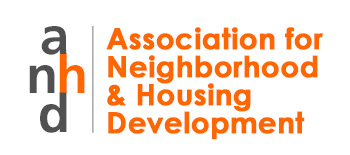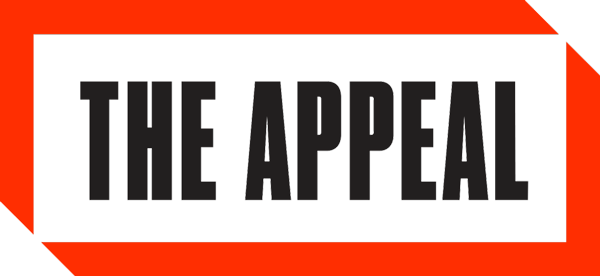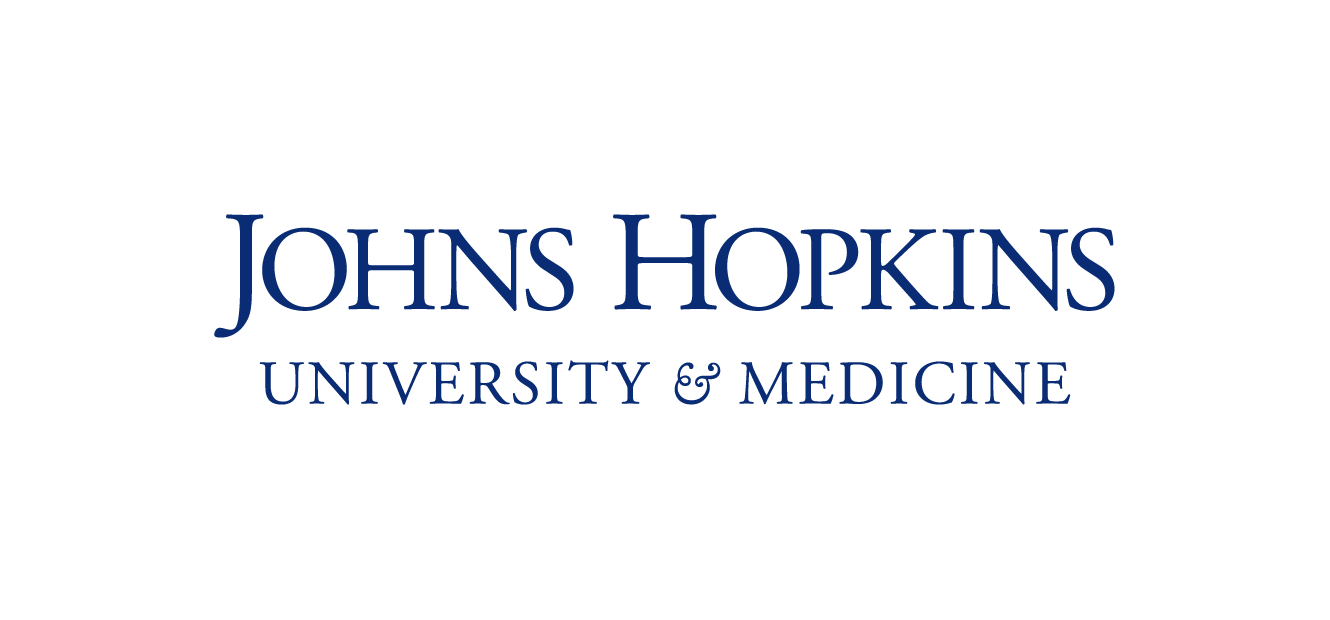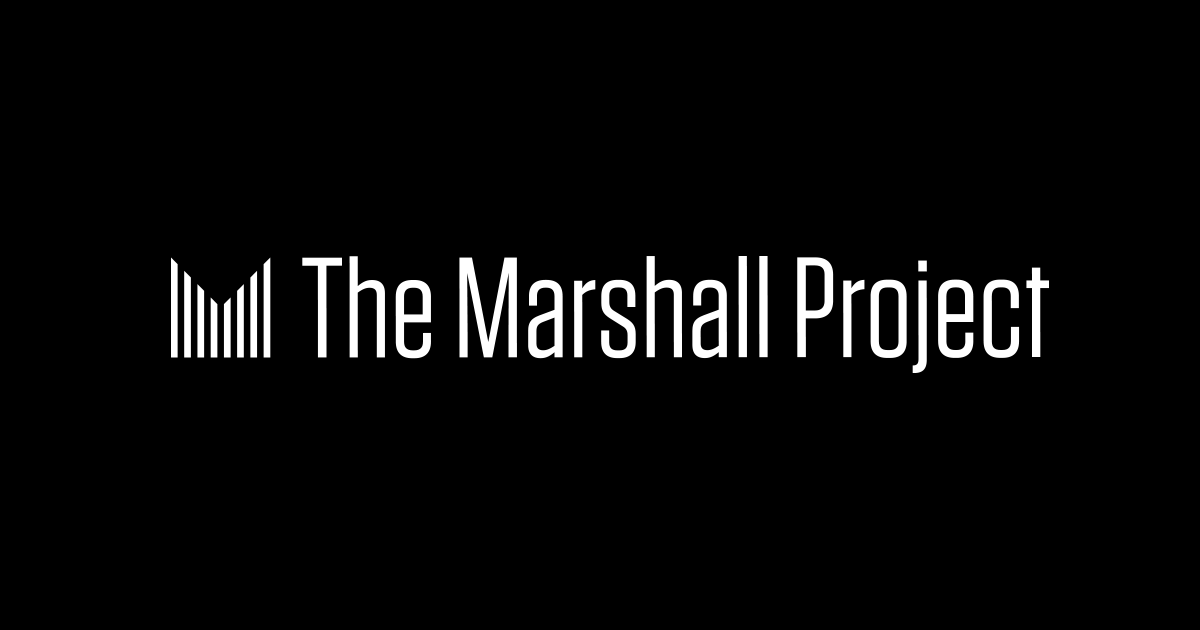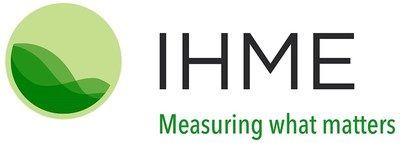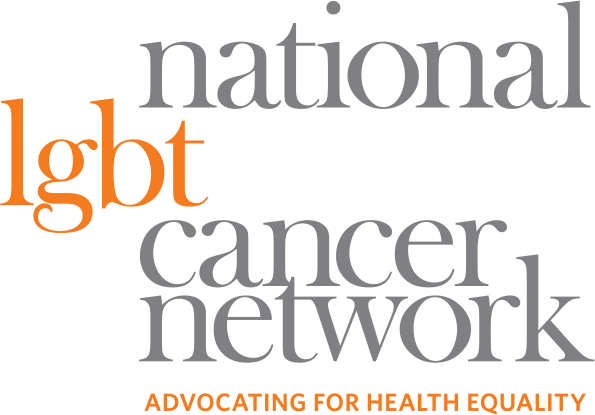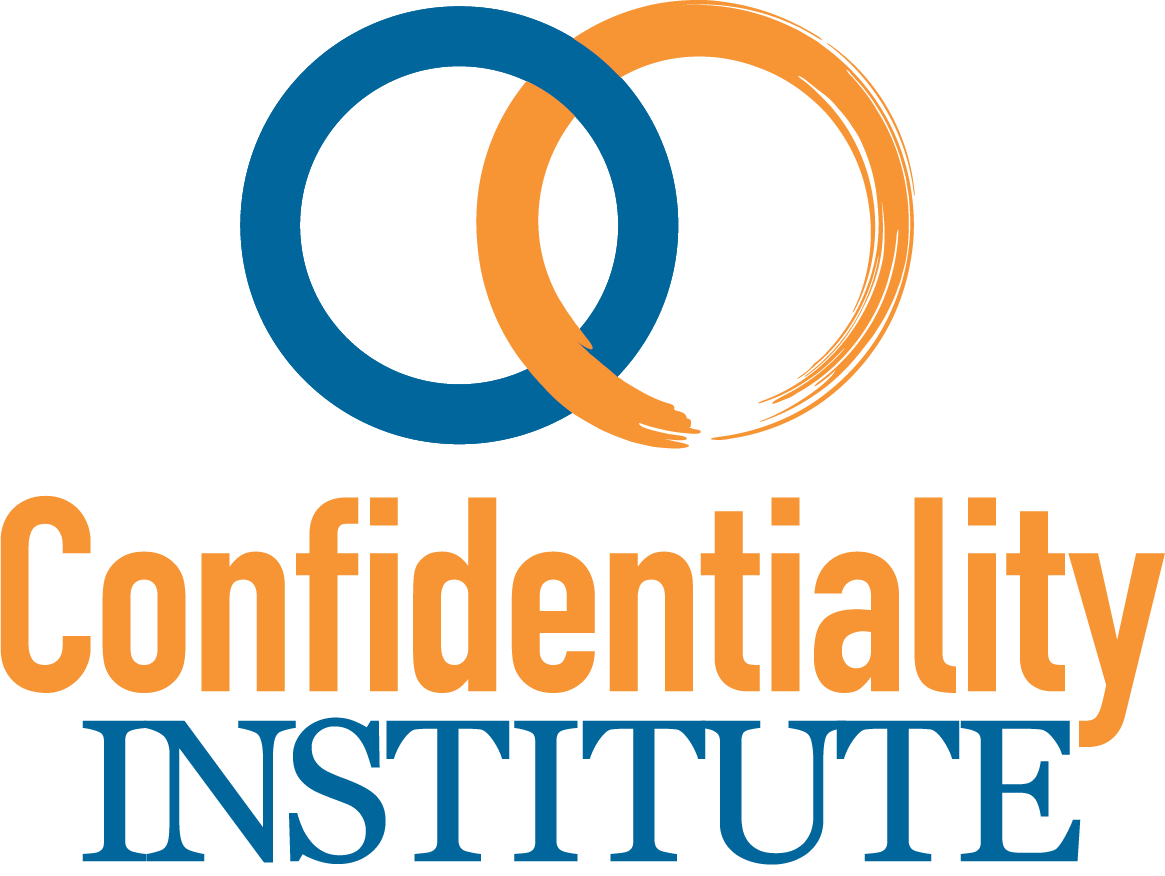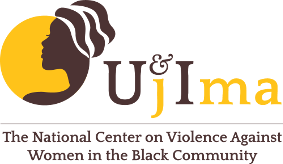While All New Yorkers Are Impacted By Covid-19, We Must Recognize & Swiftly Address the Needs Of New York’s Most Vulnerable & At Risk Communities
The reverberations of the global human and economic loss due to the COVID-19 pandemic will be felt at the local level, from block to block. Historically marginalized neighborhoods and communities will be most acutely impacted and left particularly vulnerable. In New York, low-income communities of color and immigrant communities will face the brunt not only of the medical crisis that is upon us, but also the growing economic crisis in the form of evictions, mounting debt, job loss, and community disinvestment. The spread of COVID-19 has exposed the long-established gaps in our social infrastructure. These inequities are not new, but will be laid bare and felt more intensely than ever before. A crisis of this scale requires a commensurate and comprehensive response. It is the responsibility of federal, state, and local governments to act swiftly, strategically, and boldly to minimize the catastrophic economic and social consequences of the COVID-19 pandemic. We call on our government – at all levels – to act decisively to give everyone the ability to do their part without the risk of losing their jobs, homes, and their very lives.

